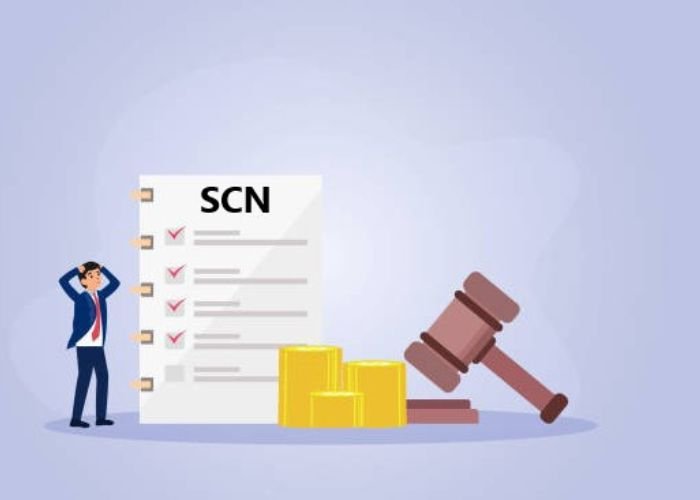In the intricate landscape of Goods and Services Tax (GST) assessments, fairness and transparency are the cornerstones of a robust taxation system. Central to this ethos is the inclusion of essential details in Show Cause Notices (SCNs) for personal hearings. This article explores the pivotal role of these details in ensuring the validity of assessment orders, safeguarding taxpayer rights, and upholding the principles of natural justice within the GST framework.
The Crucial Significance of Show Cause Notices:
SCNs serve as the gateway to the assessment process in GST, offering taxpayers a fair chance to present their case before any adverse decisions are made. They act as a shield against arbitrary actions, fostering accountability, and transparency in tax administration. However, the effectiveness of SCNs hinges upon the inclusion of essential details that empower taxpayers to participate meaningfully in the proceedings.

Essential Details:
The Backbone of Procedural Fairness: Essential details encompass vital information such as the specific nature of alleged non-compliance, relevant provisions of the GST law invoked, and most importantly, the date, time, and venue of the personal hearing. These details are not mere formalities but indispensable components that enable taxpayers to comprehend the allegations against them, prepare a robust defense, and engage effectively during the hearing process.
Validity of Assessment Orders: A Legal Imperative:
In accordance with legal principles and judicial precedents, an assessment order issued without furnishing essential details in the SCN or failing to afford the taxpayer a proper opportunity of hearing is deemed invalid. The landmark judgment in the case of Goutam Bhowmik v. State of West Bengal underscores the judiciary's commitment to upholding taxpayer rights and ensuring adherence to procedural fairness in GST assessments.
Impact on Taxpayers and Tax Authorities:
For taxpayers, the inclusion of essential details in SCNs acts as a bulwark against unfair treatment and arbitrary decisions, fostering confidence in the taxation system. It empowers them to assert their rights, contest erroneous assessments, and seek redressal for grievances. Conversely, for tax authorities, adherence to procedural requirements minimizes the risk of legal challenges, enhances the credibility of assessment orders, and promotes trust in the tax administration.
Best Practices for Tax Authorities:
To uphold the integrity of the assessment process, tax authorities should embrace best practices, including:
- Conducting thorough reviews of SCNs to ensure completeness, accuracy, and compliance with statutory requirements.
- Providing clear and specific details in SCNs, including the nature of non-compliance and the schedule for the personal hearing.
- Facilitating open communication channels with taxpayers to address queries, clarify doubts, and streamline the assessment process.
In the dynamic realm of GST assessments, the inclusion of essential details in SCNs is not merely a procedural obligation but a fundamental prerequisite for fairness, transparency, and legality. By adhering to these principles, tax authorities can uphold the rule of law, protect taxpayer rights, and foster trust and confidence in the GST regime. Remember, in the pursuit of tax compliance, attention to detail in SCNs can make all the difference between a valid and an invalid assessment order.


